The human mind in its own specific capacity is an amazing entity. I remember reading as a youth that humans only use about 6% of our brain capacity and decades after reading that, its still every unclear exactly what the other 94% of our brain can accomplish. If you take that reality coupled with having to live under systems dominated by oppression and the resulting dysfunction, its really a roller-coaster ride of unexpected twists and turns navigating through this life.
2 Comments
This weekend, May 25th, commemorates 62 years of African Liberation Day (ALD). This day was originated by Kwame Nkrumah in Ghana in 1958 to symbolize the necessity for Africa to be free. Or, in the words of Nkrumah himself; "until Africa is free, no African anywhere will ever be free!"
Even if as a man I had no opinion about recent legislative efforts in Alabama, U.S. about prohibiting people's rights to choose whether they wish to have babies or not, science, objective logic, and a basic sense of human dignity would push me to be 100% opposed to these efforts. The people pushing to curb abortion rights are the very same people who unquestionably support police terrorism, mass incarceration, anti-immigrant measures, Islamophobia, and homophobic policies, so there is never anything that I'm going to agree with these "people" on.
Today, May 19th, symbolizes the born day for two giants in human history. El Hajj Malik El Shabazz (Malcolm X) and Nguyen Al Thoc (Ho Chi Minh). Depending upon whether you study history in a critical fashion or if your information is received 100% from the enemies of humanity, Malcolm is either a revolutionary Pan-Africanist or a militant anti-white Black nationalist. Ho Chi Minh is either the courageous leader of the Vietnamese resistance against U.S. led world imperialism, or he is an oppressive despot who ruled over the Vietnamese people.
We of course accept only the former definitions for both of these historical figures. At no time in history has U.S. imperialism ever acknowledged its exploitative role throughout the world so there is no existing scenario where imperialism is ever going to accept and respect those people who dared wage a fight against its hegemony. So, Malcolm and Uncle Ho are strong examples of forward progress for us and we would like to take this space on the day each of them was brought into this life to acknowledge the little discussed connections between each of their massive contributions to humanity. As we have discussed previously, Ho Chi Minh was a student at Columbia University in New York City during the late teens and early 20s of the last century. Living in Harlem, New York, U.S., and working as a dishwasher at local restaurants, Uncle Ho experienced extreme poverty and life in the inner city of the U.S. He wrote about how he relished going to the street corner rallies and listening to African nationalist speakers address the problems of African people worldwide. Uncle Ho discussed how his favorite speaker was the Honorable Marcus Mosiah Garvey who at that time was laying the groundwork for his Universal Negro Improvement Association which went on to become the largest independent African organization our people have ever had. Garvey's nationalist message had a huge impact on Uncle Ho. The message helped him frame his perspective on white supremacy within the U.S. A perspective he would go on to use in a tactical sense in the war against U.S. imperialism. He would exploit the disconnect between Africans, even those in the U.S. military, and the U.S. government to spread the seeds of distrust and demoralization about fighting in a war, for a country - the U.S. - that did not recognize and/or treat us like human beings. Even imperialist analysts are forced to acknowledge that this psychological attack challenging the relationship between Africans in the military, and the contradictions of a racist U.S. government, had a profound impact on the morale of U.S. troops, thus playing a significant role in the U.S.'s inability to advance to victory against the Vietnamese people. Garvey's message was equally influential to the family of Malcolm X. Malcolm's mother was born and raised in the Caribbean like Garvey so Louise Little had no trouble understanding the Pan-African message Garvey was delivering. Earl Little, Malcolm's father, was a staunch and dedicated Garveyist who, along with the support of his wife, did much work to spread Garvey's message during Malcolm's youth. The message of African nationalism and Pan-Africanism flowed through Uncle Ho and Malcolm as each developed into their life paths which would lead them to achieve their ultimate contributions. There is much being discussed today about Malcolm's final year of life. The debate is focused primarily on whether Malcolm wanted back in the Nation of Islam or not. Any critical observer would know immediately that based on Malcolm's behavior, this objective was not central to the development he was engaged in. He wrote in his autobiography that the highest honor of his life was his time spent with Kwame Nkrumah, the first president of Ghana, the founder of the Convention People's Party, and the founder of the All African People's Revolutionary Party. Its strange that Malcolm would make such a strong statement like this about Nkrumah, but no scholar has ever attempted to examine what he meant deeper. In fact, most scholars like Manning Marable are so intent upon connecting the finances for Malcolm's travels to the reactionary (so-called) Muslim leaders of Saudi Arabia that virtually no attention is given to the work Malcolm was doing in that final year and what his developing relationship with Nkrumah actually was. Malcolm nor Nkrumah spoke at all about their well publicized two or three meetings. Actually, besides Malcolm's statement about the highest honor and Nkrumah's pronouncements in his letters to others about how fond and respectful he was of Malcolm's abilities, nothing else was really mentioned by the two of them. What we do know is shortly after returning to the U.S. from meeting with Nkrumah, Malcolm named his newly founded political organization the Organization of Afro-American Unity after Nkrumah's Organization of African Unity. And, although there's no question that Malcolm's speeches going back as far as 1960, clearly demonstrated a political line that was diverging from that of the Nation of Islam, his speeches during that last year had a much more pronounced Pan-African framework within them. The key to all of this is Malcolm's African nationalism was being shaped by his developing relationships with Pan African revolutionaries like Nkrumah. And, Nkrumah's understanding was enhanced greatly by his understanding of Garvey's ideas. Nkrumah called Garvey one of the key influences in his life and he honored Garvey by placing the Black Star, the emblem of Garvey's Black Star Ships company, on the Ghanaian flag. Further influenced by revolutionary Pan-Africanists like Nkrumah and Sekou Ture, Malcolm came back in 1964 with a vehement anti-imperialist message. And, central to that message was a strong sentiment against developing U.S. imperialist aspirations in Southeast Asia. This is made clear by Malcolm's reference during his famous "The Ballot or the Bullet" speech in March of 1964 where he encourages Africans to support "that little man in Asia" who was picking up the gun and standing up "to uncle sam!" Malcolm, of course was assassinated by U.S. imperialism on February 21, 1965, (if you are running around here saying ridiculous things like Louis Farrakhan killed Malcolm, you are doing police work for free), but the continued tie between Malcolm and Ho Chi Minh, influenced heavily by the work of the Garvey movement, had one more card to play. In 1967, two years after the silencing of Malcolm's voice, a young Stokely Carmichael - two years before he would move to Africa and become Kwame Nkrumah's political secretary in helping build the All African People's Revolutionary Party at Nkrumah's request - would seek out counsel from Uncle Ho Chi Minh. Young Carmichael, then the Prime Minister of the Black Panther party and the just removed chairperson of the Student Non-Violent Coordinating Committee (SNCC) where he helped guide SNCC into becoming one the movement leaders of the emerging Black Power movement, had the desire to contemplate what best represented his ability to make his best contribution. Hounded by challenges within the Black Panther Party, which we know now were largely instigated by imperialist forces, young Carmichael sought lunch with Ho Chi MInh to ask him his thoughts on how young Carmichael should proceed in his work. Sitting at an outside table in the midst of his country fighting for its life against invading U.S. imperialist forces, Uncle Ho calmly advised the young Carmiahel to acknowledge that he was African and to accept that the answers to the questions he had would be most logically answered by returning home to Africa. Young Carmichael considered that conversation a confirmation of what he had been thinking already. He ended up living in Conakry, Guinea, West Africa, becoming Nkrumah's secretary and an aide to Sekou Ture, becoming a leading organizer in Ture's Democratic Party of Guinea along with the All African People's Revolutionary Party, and changing his name to Kwame Ture in 1977 to honor the work of Nkrumah and Sekou Ture. Today, we honor Malcolm and Ho Chi Minh not just because of their born days. We recognize that a person's legacy isn't built around when they are born since we have no control over when that happens. Your legacy is built around what you do while you are alive. Although Malcolm and Ho Chi Minh never met one another, we know that their legacy and mutual respect for one another is cemented in history. Both courageously decided to dedicate their lives to fighting imperialism. The valiant struggle of the Vietnamese people was an inspiration to Malcolm as he expressed openly. The struggle of the African liberation movement around the world was also a major inspiration for Ho Chi Minh which he clearly articulated. Now, with both major legacies firmly intact, its simply up to us to build on those bodies of work to further our struggle to advance humanity. I had a very funny conversation last night with an extremely good friend about a number of things. Since this friend grew up in the state of Florida, U.S., and is thinking about possibly returning there, our discussion moved to talking about Palmetto bugs, or roaches. Her experiences and mine are different. In Florida these Palmetto bugs as they call them (to me that's just a title to permit you to avoid saying you have roaches) are huge and often fly. For me, growing up in inner-city California, my experience with roaches stems from the so-called German roaches. Much smaller than the Palmetto variety, but much more numerous. I joked with my friend that there were so many roaches where I grew up that I recall at one point, we essentially lost the ground game against them, meaning there was no movement to confront them after a certain point because there were just too many of them. You leave a damp towel somewhere for one hour. When you come back there are 30 roaches scattering underneath it when you lift it up. I told my friend that although we lost that battle against the ground troop roaches, I was still not prepared for the roach air-force in the presence of these Palmetto bugs, once I started visiting the Southern U.S.
Recent events in Venezuela have exposed quite a bit. Forces within Venezuela opposed to the revolutionary socialist government that was democratically elected most recently in 2018 (by 67% of the Venezuelan people) is being challenged by elements backed primarily by the U.S. So-called opposition leader Juan Guaido declared himself president, dismissing the fact that socialist president Nicolas Maduro is the legitimate president of Venezuela. The U.S. immediately moved to recognize Guaido as president and a nefarious effort to take control of the country through military force was organized by Guaido. That military effort was swiftly and completely put down by the Maduro government.
Its always been a significant source of humor for me that the moment you question whether people think for themselves in this society, people immediately and completely take offense. No one wants to be thought of as following someone else's plan for how they live their lives. Yet, there are examples all around us that clearly demonstrate that very few people really do any concrete thinking for themselves and the way so-called holidays are carried out in this society is textbook curriculum to make this point. Without knowing any history of the day. Without even bothering to create our own context for the day, most people in this society follow along with the dictates of this power structure for what days we celebrate, when we celebrate them, and how we celebrate them.
The Black Panther Party was a wonderful organization. I, like millions of others, have spent my entire life inspired by their courageous example. Their fearless pursuit of police terrorists in the streets of Oakland, California. Their blossoming into a national, and then international, organization that developed an outstanding legacy of struggle and resistance.
We believe the answer to that question is technically yes, but not in the way you would necessarily think. Historically, whether we are talking about Whites aligned with our struggle for liberation in Azania (South Africa) or in the U.S., etc., the model being discussed has always been around the question of multi-racial organizations. This line has been certainly promoted within white left socialist formations. Their position has been that the primary contradiction is with the capitalist system so only when people unite across racial lines to form a multi-racial class struggle socialist party will we see collective progress.
Whether people like Minister Louis Farrakhan or hate him, one thing no one can deny him, he consistently finds ways to keep his work in the discussion. Facebook recently blocking him from using its platform has again placed the Minister in the forefront of many discussions raging among African people. The purpose of this piece isn't to dissect the legitimacy of the Minister and/or the Nation of Islam. We have faith in the legitimacy of the African masses to figure out for themselves who they will respect. The purpose of this piece is to address much of the misinformation being vomited out about the murder of Malcolm X, formally a member of the Nation of Islam. The role of the Nation, particularly Minister Farrakhan, in that assassination, and how we look at and discuss those events today.
|
Archives
March 2023
Categories |
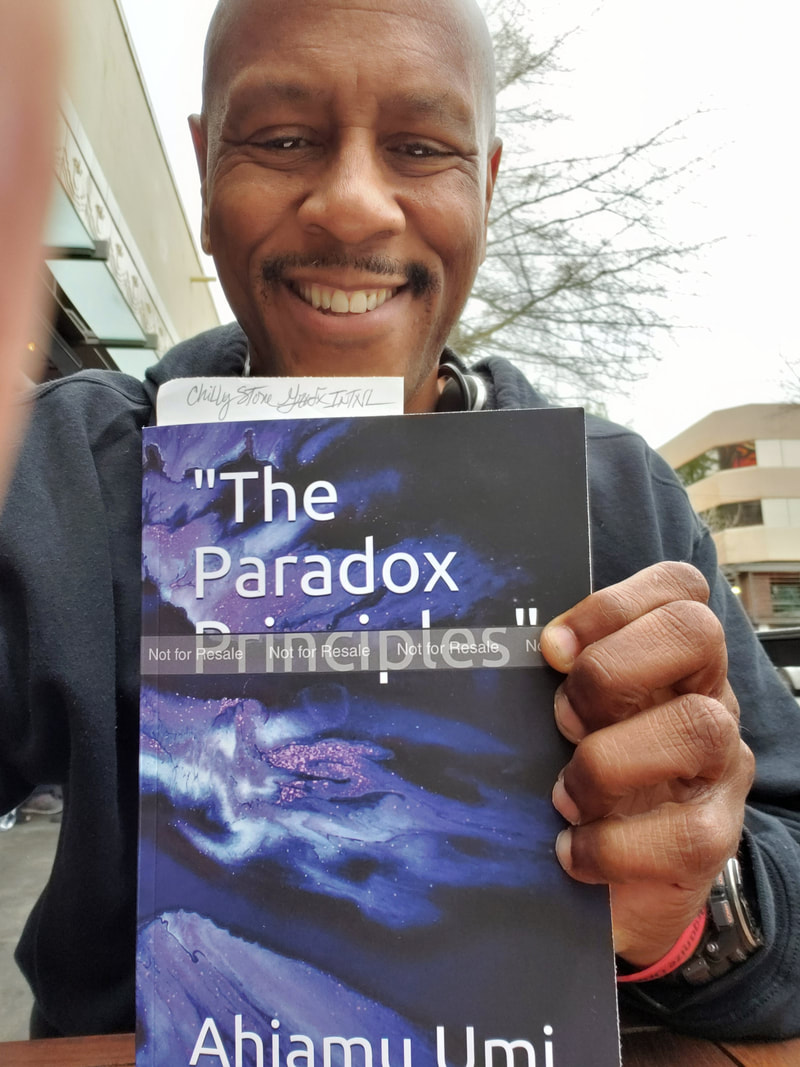
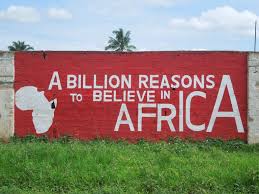
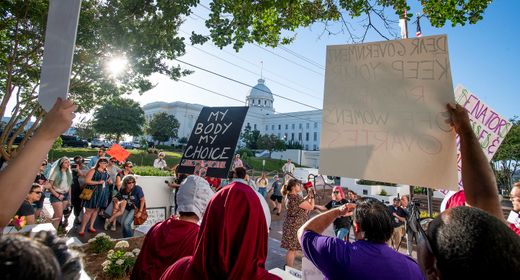
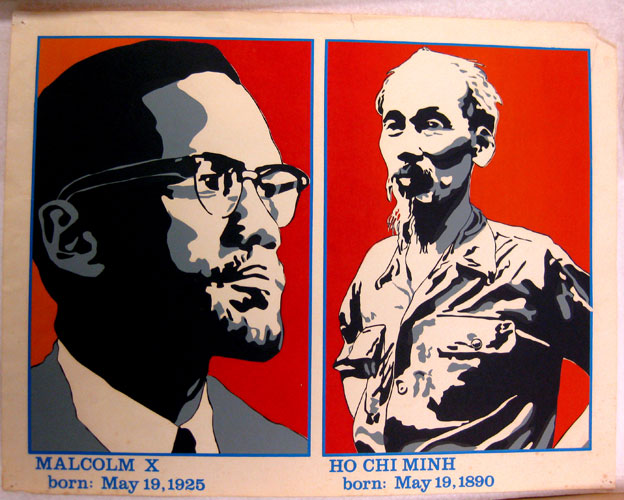

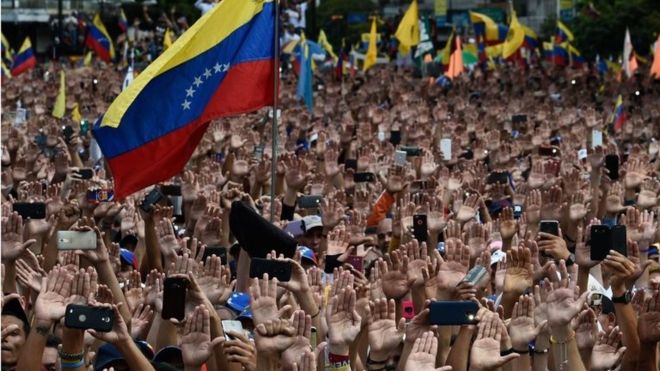
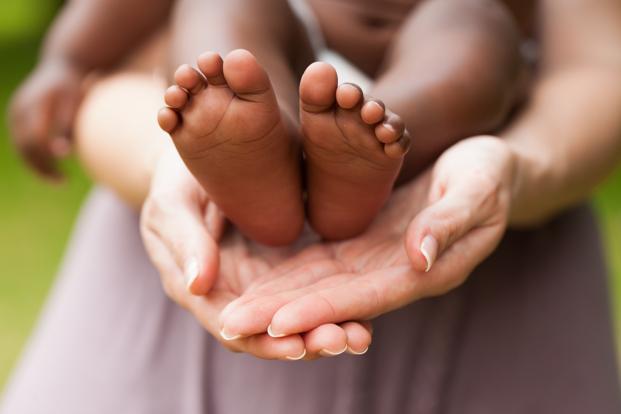
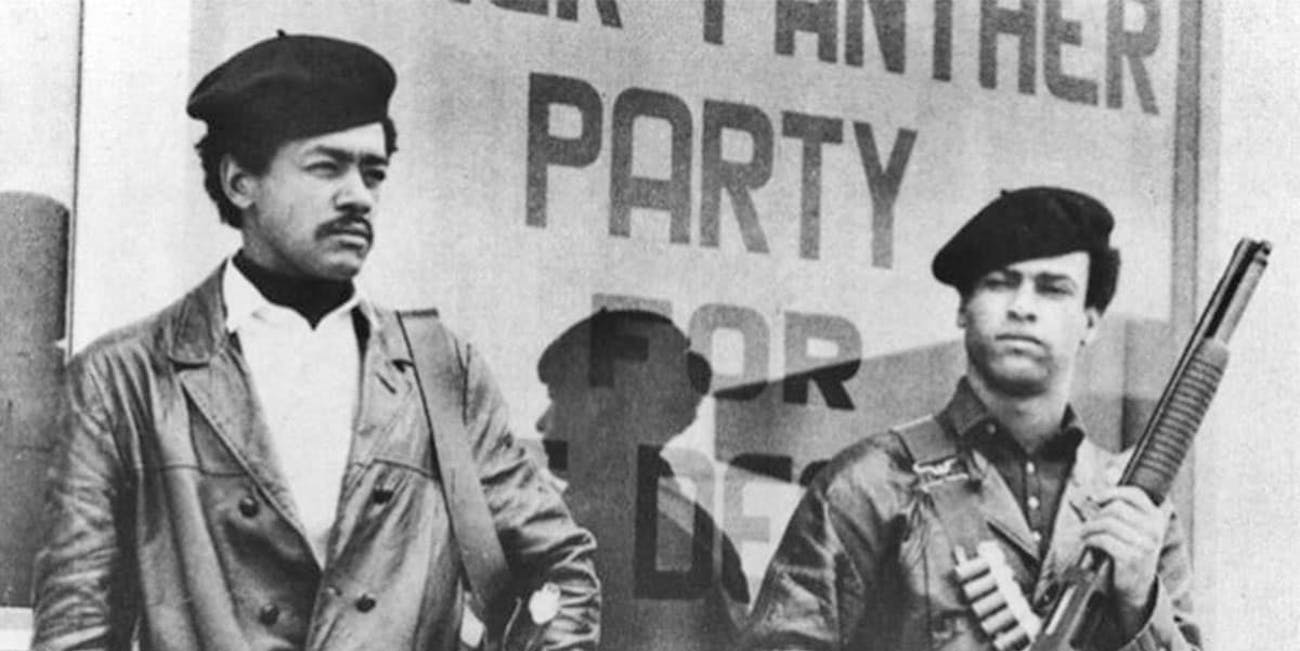
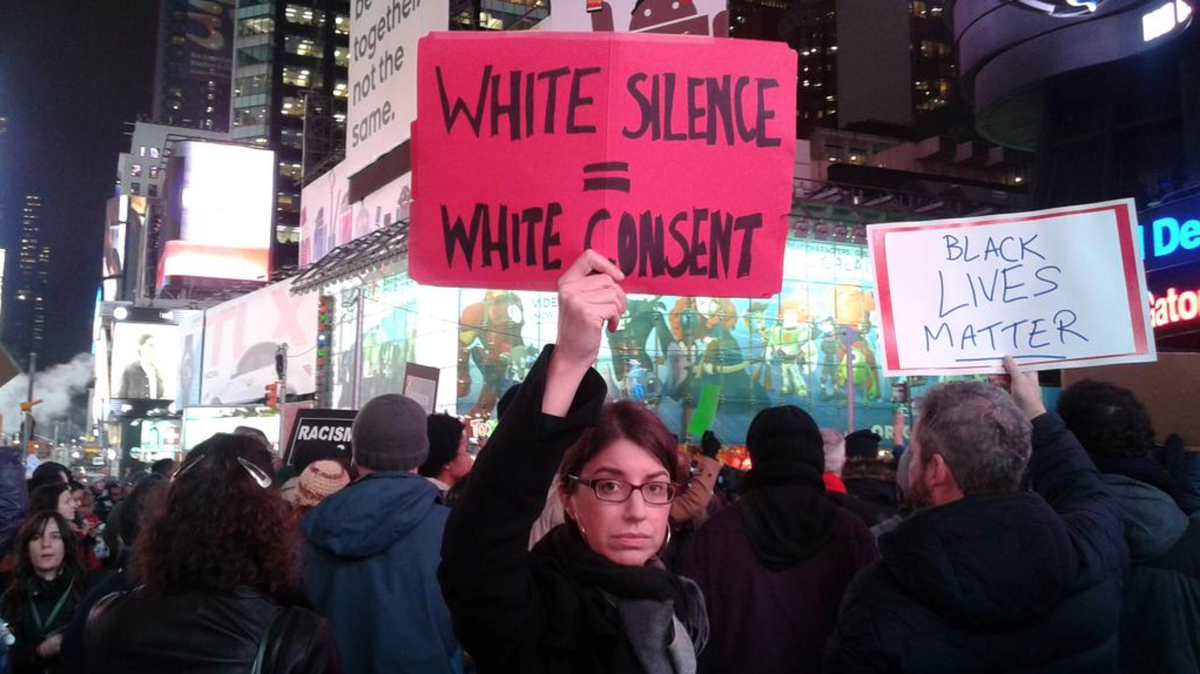
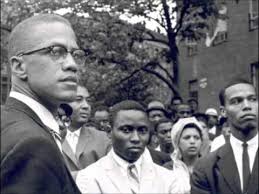

 RSS Feed
RSS Feed
